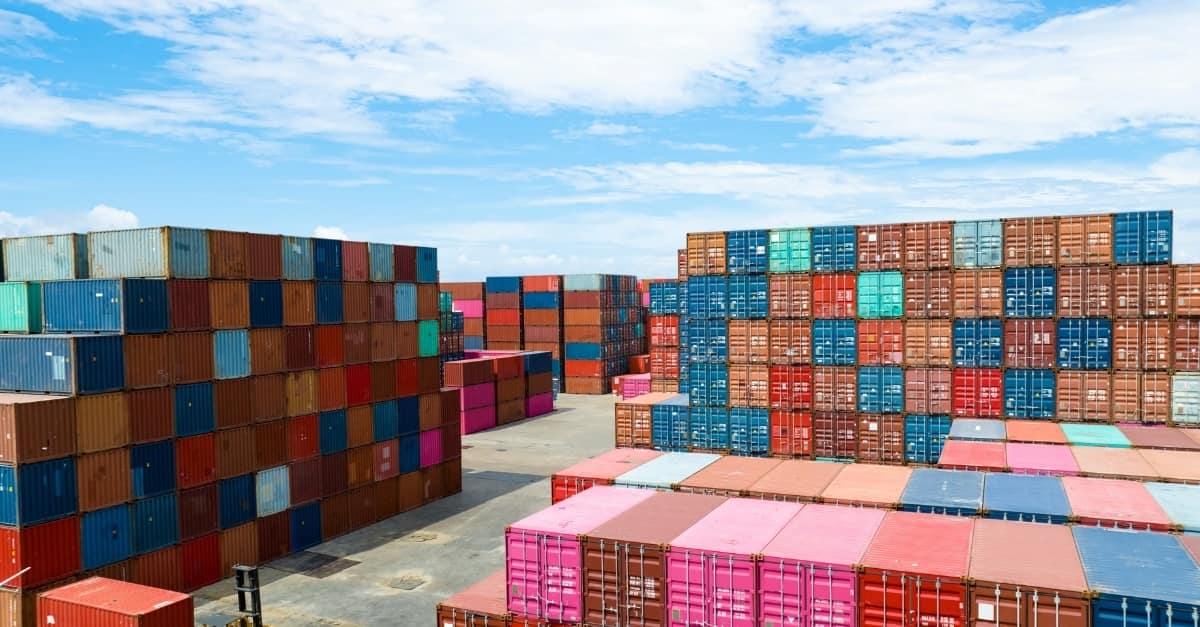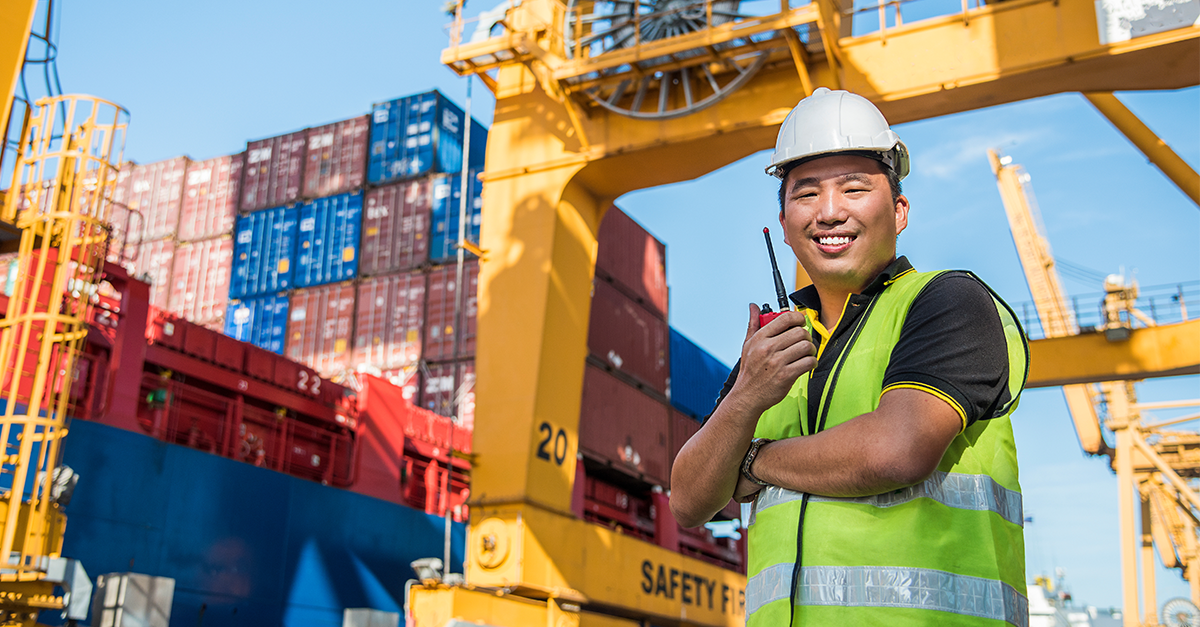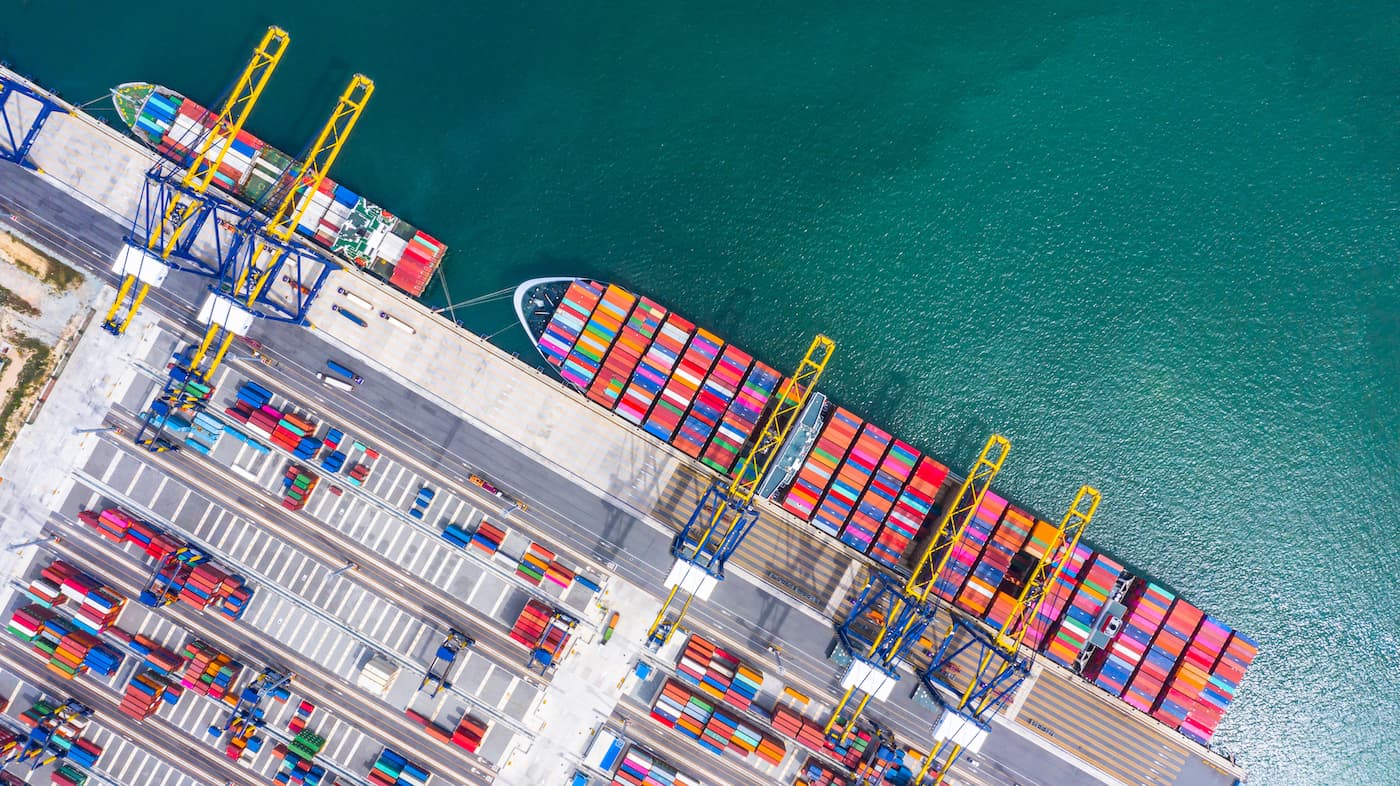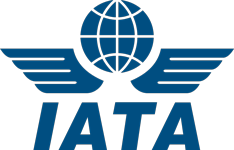What Is Freight Forwarding?
Freight forwarding is the strategic planning and coordination of the movement of goods across international borders—on behalf of shippers. A freight forwarder manages everything from freight rate negotiations and customs documentation to warehouse planning, cargo insurance, and even freight consolidation.
For brands navigating global supply chains—particularly in apparel, footwear, and accessories—international freight forwarding services are essential. With high stakes around delivery deadlines, cost control, and product integrity, it’s critical to have a dependable logistics partner who can navigate the complexities of global trade.
At CAF Worldwide, we specialize in end-to-end freight forwarding for fashion brands and manufacturers, offering both air freight and ocean freight solutions customized to your production cycle and customer expectations.
Why Freight Forwarding Is Critical in Global Trade
Importing and exporting can open up substantial opportunities for businesses. But international shipping isn’t just about moving products—it’s about strategically managing risk, cost, and time.
Freight forwarding services play a central role in:
- Navigating customs standards that vary by country and even by port
- Solving logistical challenges in real time, whether due to weather, political disruptions, or port congestion
- Building a resilient global network of carriers, warehouses, and customs brokers
- Complying with legal requirements, including holding the necessary licenses to process customs documentation
In short, freight forwarding is more than just shipping—it’s logistics strategy in action.
What Does an International Freight Forwarder Do?
A reputable freight forwarder acts as the architect of your global supply chain. Here's what that looks like in practice:
1. Shipment Tracking
Using advanced Transportation Management Systems (TMS) alongside RFID (Radio Frequency Identification) technology, freight forwarders offer end-to-end visibility into your cargo’s journey. RFID tags allow for real-time tracking at key touchpoints—such as factory departure, warehouse arrival, and customs clearance—while TMS platforms consolidate this data into one accessible dashboard. The result is greater transparency, faster response times, and fewer disruptions from origin to final delivery.
2. Customs Brokerage
Clearing customs is one of the most sensitive stages of any international shipment. Licensed customs brokers ensure that your documentation is accurate and compliant with the latest import/export regulations. Mistakes here can cause serious delays or fines, so it’s a step you can’t afford to get wrong.
3. Warehousing Solutions
Whether goods need short-term storage before shipment or long-term inventory management, freight forwarders help coordinate warehouse services. While some forwarders operate their own facilities, most leverage a trusted network of warehouse affiliates strategically positioned near ports and manufacturing hubs, including in key Southeast Asian markets like Bangladesh and Vietnam.
4. Freight Rate Negotiation
Carriers determine rates based on cargo volume, destination, seasonal demand, and other factors. Freight forwarders act as your advocate—negotiating better pricing, better transit times, and better service by consolidating volume across multiple clients. This is especially important for high-volume but time-sensitive industries like fashion and footwear.
5. Cargo Space Scheduling
In freight forwarding, timing is everything. A dependable forwarder ensures space is reserved when and where you need it, whether by air freight for fast replenishment or ocean freight for cost-effective bulk shipping. Smart cargo scheduling helps you meet in-store dates and online delivery windows without overpaying.
6. Freight Consolidation
Freight consolidation services—especially for less-than-container-load (LCL) shipments—are a key offering for businesses shipping smaller quantities. Forwarders like CAF group multiple clients’ cargo into shared containers, helping you save on costs while still benefiting from streamlined transit.
7. Supplying Cargo Insurance
CAF helps you protect your investment by offering cargo insurance policies tailored to your shipment. If goods are lost or damaged in transit, cargo insurance provides compensation. It’s important to note that cargo insurance covers the goods themselves—not any secondary damage caused by a shipping incident.
Air Freight vs. Ocean Freight: Which One’s Right for You?
Understanding the differences between air freight and ocean freight is critical when choosing a forwarding strategy:
- Air Freight is best for high-value, low-volume shipments that need to move quickly. Think urgent replenishments, capsule collections, or time-sensitive launches. It’s faster, but more expensive.
- Ocean Freight is ideal for large-volume shipments with more flexible delivery windows. It’s cost-effective and reliable, particularly when planned in advance and consolidated smartly.
CAF helps you balance speed and cost by recommending the right mode—or combination of modes—for each shipment. Our freight forwarding services are designed around your needs, not a one-size-fits-all model.
Why Partner with CAF Worldwide?
At CAF, freight forwarding isn’t a transactional service—it’s a partnership built on dependability, visibility, and strategic thinking. We specialize in helping apparel and footwear brands scale their global logistics with confidence, particularly across sourcing hubs in Southeast Asia.
Whether you’re launching a new brand, scaling into new markets, or trying to gain more control over your supply chain, CAF’s freight forwarding services give you the expertise and flexibility you need.
Get in touch today to learn how CAF Worldwide can strengthen your supply chain with dependable freight forwarding, air freight, and ocean freight solutions.
Topics: Freight Forwarding, Ocean Freight Forwarding, Air Freight Forwarding













 Copyright 2026 CAF Worldwide. All rights reserved.
Copyright 2026 CAF Worldwide. All rights reserved.